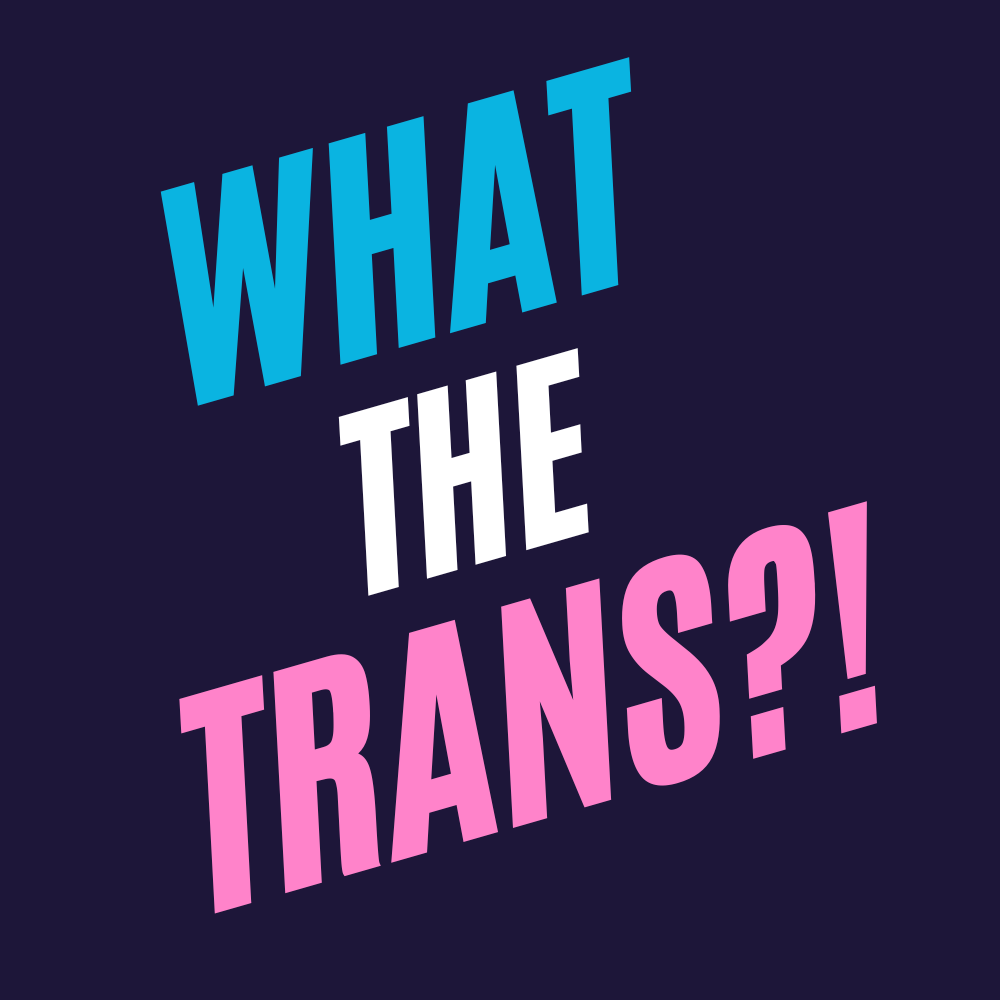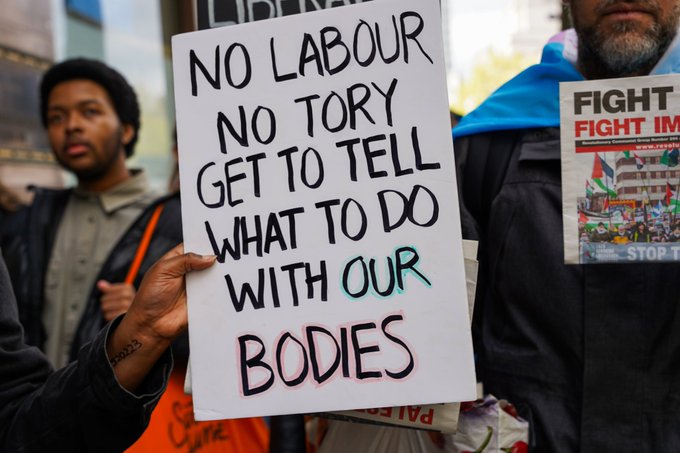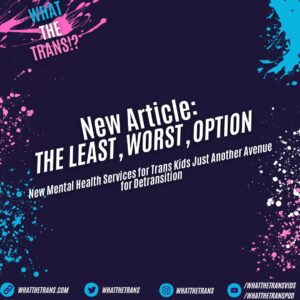Trans community members, parents, family members and allies gathered on the 17th of April in a small room in 1 Parliament Street to discuss with and offer visiting MPs a chance to interact with transgender people directly. Those in attendance were invited by openly trans MP for Bridgend and Porthcawl, Dr Jamie Wallis.
Wallis organised the event—‘Understanding Transgender Life Experiences in the UK’—with the assistance of his greatly admired staffer, Claire Prosho. Throughout the event, Wallis emphasised Claire’s essentialness on the inside of Westminster Palace, recognising her importance as his staffer, claiming he ‘could not talk about this issue without her help and guidance’. A director of TransLucent.Org.Uk, Prosho was present with other TransLucent members such as CEO Steph Richards, legal adviser Prof. Stephen Whittle and many others. Wallis said the intention of the event was to provide MPs an opportunity to drop in and ask and answer any questions, as well as a chance to speak with trans people and their allies first-hand, an experience few in parliament can actually claim. Considering the current climate, such opportunities are proving to be vital. With an attitude of choiceful ignorance and a refusal to listen pervading across parties, all with a general election due next year, now more than ever do trans voters need reassurance from their MPs that there does, in fact, exist a future for our community.
With the recent Cass Report (a deconstruction of which was published earlier in the week by members our wonderful team, and was passed around in printed handouts to any MPs who visited) looming in the minds of many trans people in the UK, questioning what it means to our healthcare (and, as a whole, our very existence), all who came, came with questions concerning our near future. With Rishi Sunak in February joking that the Labour Party fails in ‘defining a woman’ in front of Brianna Ghey’s mother, to gender critical Labour MP Rosie Duffield lambasting Labour shadow health secretary, Wes Streeting, for declaring ‘trans women are women’—followed by Streeting’s subsequent retracting of the statement and endorsement of the Cass Review’s damaging recommendations for trans people under 25—it is safe (or, perhaps more accurately, unsafe) to say that trans people feel less respected, or even wanted, than ever by their government.
Pertaining to Scotland’s recent implementing of its Hate Crime and Public Order Act, along with the latest slog of hate comments by JK Rowling (or, ‘she who shall not be named’, as she was referred to), a debate emerged surrounding the ways to tackle emerging anti-trans bigotry, both in parliament and in the public. ‘A trans weatherwoman’ was Wallis’ suggestion, explaining that the more trans people are seen on an everyday, casual basis in the media—as news reporters, show hosts, game show contestants, reality stars—then a majority of the heavy lifting of humanising us has already been accomplished, showing us as happy, valid citizens, rather than despairing patients. What Wallis’ strategy prioritises is a changing of hearts and minds first, policy second. Sowing seeds for acceptance that will, eventually, outgrow bigotry. Indeed, representation matters, but soon another discussion arose concerning how to best deal with the transphobic rhetoric that seems to permeate all factions of UK news. Despite making up only 0.5% of the population (a statistic from a 2021 census, a report that is hard to trust considering the expected number of trans adults and youth who do not disclose their trans identity out of safety), trans people have been a red herring in UK news coverage and law-making in recent years. With this, the community has been subject to a disproportionate amount of vitriol that has now manifested itself in their healthcare, with threatening reports like the Cass Review only adding fuel to the fire. ‘It doesn’t matter what the Cass Review says,’ stated one invitee, ‘the public haven’t read it, so politicians can lie about it, and no media outlet will call them out on it . . . They’re grading their own homework.’ Another voice furthered this, declaring, ‘The issue isn’t anti-trans media coverage, it’s a refusal to let trans journalists publish counter-arguments.’ As heartening as it would be to see a trans weatherwoman, what does it say about a country that will put trans people on TV, all the while stifling their voices when they stand up against their own government? To this criticism, Wallis accepted it wholeheartedly, admitting that what he’s tried so far has failed, likening in-party struggles to heading into a boxing match with your hands tied, the odds stacked before you’ve even entered the ring.
The event’s uncertain tone can perhaps best be summarised by Prof. Stephen Whittle’s opening remark regarding the country’s politicians, how ‘with the current government one feels like they’re talking to thin air.’ But whatever ‘government’ did drop by, they at least seemed to be listening. House of Lords member, Michael Cashman, observed that the strength and coordination of those in the room far outweighs the ignorance of those outside. ‘We need to support each other,’ Wallis stressed, ‘because it may be that no one else will.’ Another MP, when asked about the troubling ramping up of anti-trans missions proposed by the Labour Party, recalled the same anxiety leading up to the 1997 election, the concerns at the time then surrounding gay rights. This ‘lesson from history’, though said to soothe growing tensions in the room, nonetheless did little to quell the apprehension of those who feel they have been let down by their party one too many times to fully trust such ideals, with Labour seemingly more married to winning over right-wing voters than maintaining any of its original left-wing ethos. ‘Things will get worse before they get better,’ Wallis expressed solemnly, but how much longer can the ‘worse’ persist before it’s the norm? Extending the frog-in-pot-of-boiling-water metaphor, trans people have long been aware of the stifling temperature, and now they want answers from those responsible for turning up the stove.
Among those who stayed for a solid duration were Labour MP for Exeter, Ben Bradshaw and Liberal Democrat MP for North East Fife, Wendy Chamberlain, of whose presences, questions and suggestions were very much appreciated. The most divisive MP in the room, however, was without a doubt Conservative MP for Devizes, Danny Kruger. Not long after Kruger’s entrance did Bradshaw have to excuse himself for another engagement, imploring before he left that those present make use of Kurger while he’s around, rather than conversing with the ‘already converted’. Indeed, Kruger was a prime candidate for the event. Having in the past stood with Rosie Duffield when she received rightful backlash for her inflammatory transphobic comments, Kruger now heralds himself as an advocate for all the poor, ‘perplexed’ children mislead by Orwellian institutions, such as the Tavistock NHS Clinic – as described in his 2020 article on the Conservative Home website. Nevertheless, he accepted a copy of our analysis, and even stayed for a moment or two, wanting to hear from those invited regarding matters of conversion therapy and courses of action for children wishing to transition. Kruger admits he welcomes the restrictions recommended in the Cass Review, himself concerned about the sudden ‘rise’ in young people identifying as trans. This terrifying increase in numbers, however, was easily explained by the event’s guests: a result of internet access and, despite the UK government’s efforts, a budding generation of open-minded young people. A rise, yes, that is already plateauing and does not fret any infrastructure other than the Tory’s white-knuckled grip around aging concepts of sex and gender. Wallis asked Kruger if he agrees that there do in fact exist cases where the sole route for trans children is a medical one, to which Kruger replied ‘no’, but acknowledged that he would be open to the notion. Kruger also seemed perplexed when asked the counter question ‘where did he think trans adults came from’, a question he could not answer.
All in all, only 27 people attended the 2-hour event, a third of that being MPs (Labour, Liberal Democrat and Conservative) who flitted in and out at intervals, called away by frequent ringings of the division bell. A triumph, by most standards. How much it will impact the outside is difficult to say, the event seeming to only affirm what the trans community have known for the past 8 years and beyond: We are our best advocates and, for the most part, our sole champions, and that we are tired – tired of fighting a fight whose failure costs us our very existence.






